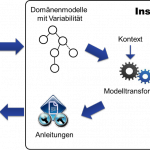
The Software Campus project InstaGuide tackles the problem of document generation in high variability intelligent industrial environments. The goal is to create a software prototype which can facilitate the dynamic generation of product documentation based not only on the current software configuration but also on the context at hand. At the core, it enables association, more…
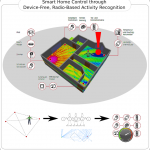
Human activity recognition, i.e. the recognition of a users’ current physical activity (e.g. walking, eating, sleeping) by monitoring and analyzing her/his behavior and the environment, can improve quality of living. However, current sensors for activity recognition have a number of drawbacks such as installation/attachment effort, battery runtime or privacy concerns. In AKTIFUNK, TECO is researching more…
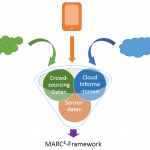
In Germany, the majority of people already owns a smartphone or another mobile device – and carries, unconsciously, a well-equipped sensor system with them. Just a few of these sensors are sufficient to draw conclusions about current and future activities or the context of the owner. Even non-physical data sources may provide relevant information for more…
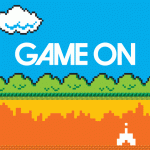
The Software Campus project PreTIGA is about optimizing player experience in game environments based on a generalizable model. The objectives are to build a game model generalizable to diverse game environments as a foundation to predict situations of interest like a decrease in fun or the drop-out of players and to proactively prevent such situation. more…

The Software Campus project FRAGMENTS is about interacting with intelligent environments. The goal is to create a software framework which can facilitate the design and development of efficient and intuitive user interfaces by the use of appropriate design guidelines. The editor at the core of the framework enables short iteration cycles by providing basic interface more…

Description The Software Campus integrates higher education and research projects in an innovative dual concept. It embeds students in a partnership with leading German IT companies, offering them relevant workshops and career mentoring by top managers. The goal of the Software Campus is to establish a top-ranked qualification program more…
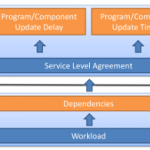
The Software Campus UHUS project is about updating the software components of distributed systems at runtime. It’s goals are to provide mechanisms to implement hot updates on individual devices, and provide planning strategies to coordinate update plans on many systems. We are working on identifying dependencies between software components, such as communicating devices in smart more…











